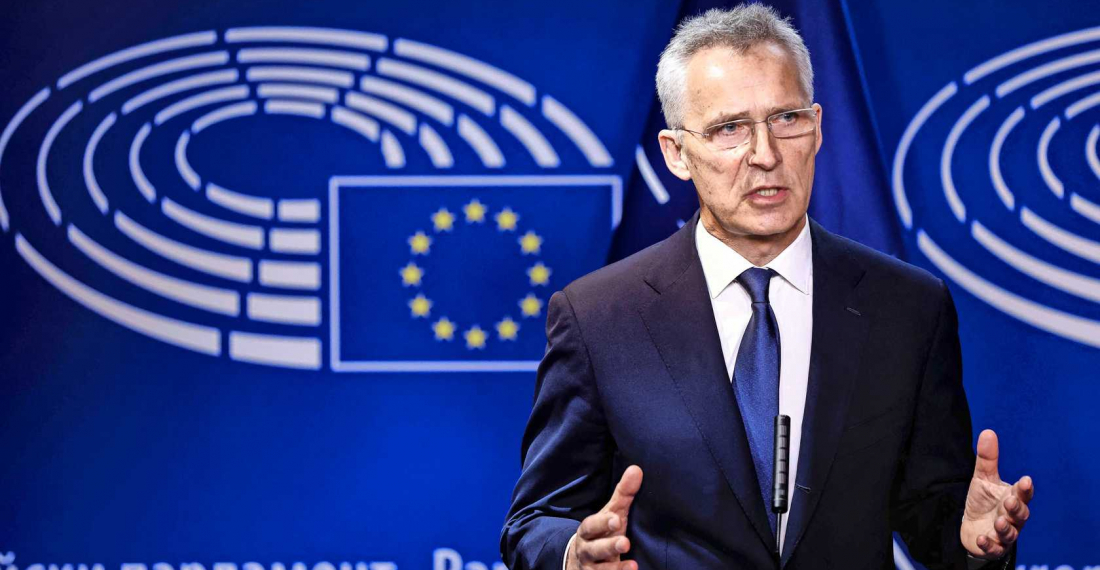The NATO membership of Finland and Sweden will be arranged quickly if they apply to join the Western military alliance. There will also be 'interim measures' until the two countries become full members of the organisation. NATO chief Jens Stoltenberg said this on Thursday (28 April) at a press conference at the European Parliament in Brussels. "If they decide to apply, Finland and Sweden will be warmly welcomed and I expect the process to go quickly".
Stoltenberg said there were "agreements to be agreed" on the timeframe between the two Scandinavian countries' application and the formal approval of all 30 NATO members. "I am confident that there are ways to bridge that interim period in a way which is good enough and works for both Finland and Sweden".
Sweden and Finland announced two weeks ago that they are considering membership in NATO. The Swedish government may want to submit a formal application as early as the end of June. The two countries have had a neutral status for various historical reasons. Since the war in Ukraine, their position on neutrality has changed.
In the interim period, Finland and Sweden cannot yet invoke the well-known NATO agreement that considers an attack on one to be an attack on all. Helsinki and Stockholm are therefore looking for ways to ensure their security in the meantime.
If Finland and Sweden decided to join NATO, Russia has said it would station nuclear weapons and hypersonic missiles in the Russian Kaliningrad enclave, which is in the Baltic region.






